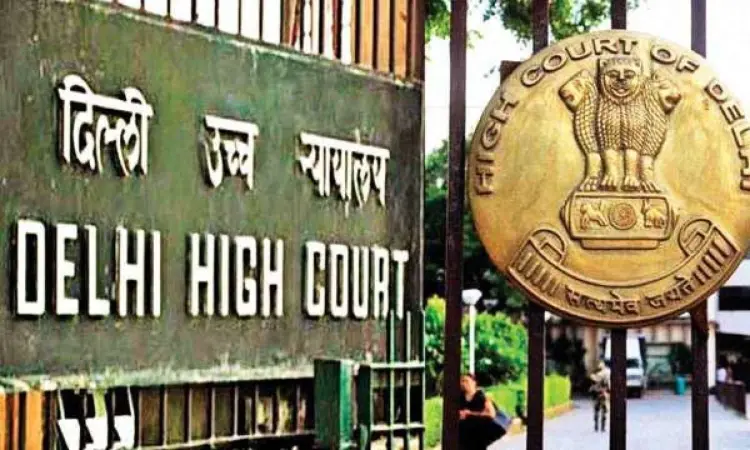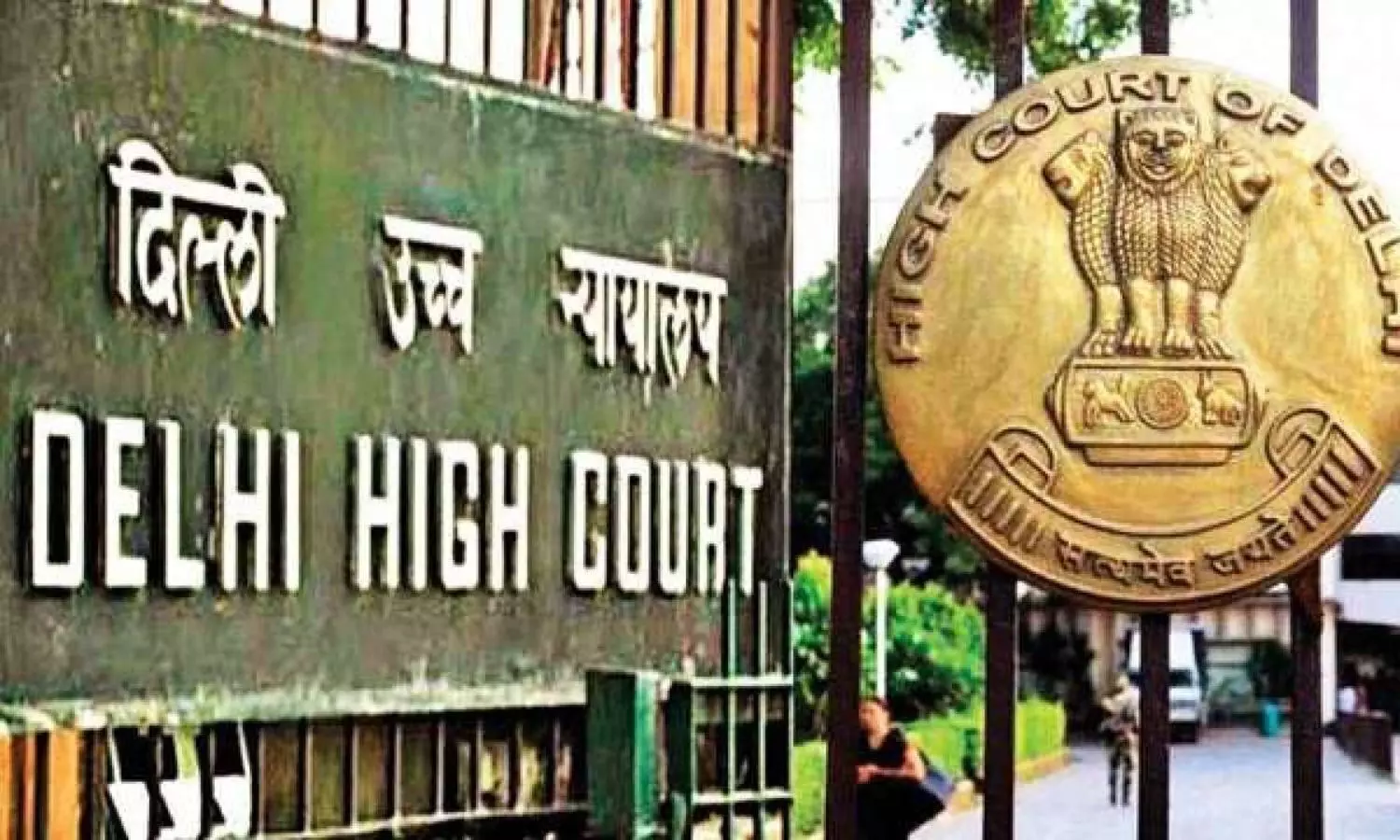- Home
- Medical news & Guidelines
- Anesthesiology
- Cardiology and CTVS
- Critical Care
- Dentistry
- Dermatology
- Diabetes and Endocrinology
- ENT
- Gastroenterology
- Medicine
- Nephrology
- Neurology
- Obstretics-Gynaecology
- Oncology
- Ophthalmology
- Orthopaedics
- Pediatrics-Neonatology
- Psychiatry
- Pulmonology
- Radiology
- Surgery
- Urology
- Laboratory Medicine
- Diet
- Nursing
- Paramedical
- Physiotherapy
- Health news
- Fact Check
- Bone Health Fact Check
- Brain Health Fact Check
- Cancer Related Fact Check
- Child Care Fact Check
- Dental and oral health fact check
- Diabetes and metabolic health fact check
- Diet and Nutrition Fact Check
- Eye and ENT Care Fact Check
- Fitness fact check
- Gut health fact check
- Heart health fact check
- Kidney health fact check
- Medical education fact check
- Men's health fact check
- Respiratory fact check
- Skin and hair care fact check
- Vaccine and Immunization fact check
- Women's health fact check
- AYUSH
- State News
- Andaman and Nicobar Islands
- Andhra Pradesh
- Arunachal Pradesh
- Assam
- Bihar
- Chandigarh
- Chattisgarh
- Dadra and Nagar Haveli
- Daman and Diu
- Delhi
- Goa
- Gujarat
- Haryana
- Himachal Pradesh
- Jammu & Kashmir
- Jharkhand
- Karnataka
- Kerala
- Ladakh
- Lakshadweep
- Madhya Pradesh
- Maharashtra
- Manipur
- Meghalaya
- Mizoram
- Nagaland
- Odisha
- Puducherry
- Punjab
- Rajasthan
- Sikkim
- Tamil Nadu
- Telangana
- Tripura
- Uttar Pradesh
- Uttrakhand
- West Bengal
- Medical Education
- Industry
Can NEET candidates with low benchmark disability get admission against vacant MBBS seats? Delhi HC seeks Centre's response

Delhi High Court
New Delhi: Asking if NEET candidates with less than benchmark disability should be allowed to get admitted in the MBBS course against the unfilled seats reserved for persons with disabilities (PwD), the Delhi High Court on Thursday has sought a ''detailed and exhaustive reply'' from the Centre.
The Delhi high court bench headed by Chief Justice Satish Chandra Sharma stated that the plea raised an important issue and granted six weeks to the central government to furnish its stand on the matter.
Previously, the court had asked the Centre to decide a representation on the issue by an MBBS aspirant having a permanent locomotor disability, who scored 96.06 percentile in NEET-UG 2022. Even though she claims to have 50% locomotor disability, GMCH Chandigarh and AIIMS Medical board found her disability to be 30%. Therefore, she fell short of the 40% threshold required to be eligible for a benchmark disability under section 2(r) of the Rights of Persons with Disabilities Act, 2016.
The petitioner student sought to be admitted in the MBBS course against one of the vacant seats under the PwD category. However, she claimed that even after getting 42nd rank under the Unreserved- Persons with Disabilities (UR-PwD) category in the examination, she was declared to be ineligible for admission by GMCH Chandigarh, which found her disability to be 30%.
This was in contrast to the disability recorded by a medical officer in Punjab, who had certified the candidate to be having 50% locomotor disability. Therefore, due to the disability certificate issued by GMCH Chandigarh, the candidate fell short of 40% threshold of disability.
When she approached the Court, on the basis of the court's order, a medical board set up by AIIMS examined her and found her to be eligible for pursuing MBBS. However, her disability was marked to be 30%.
However, filing the plea before the Delhi High Court, the candidate challenged the constitutional validity of section 32(1) of RPW Act read with note 3 of the 2019 Amendment has been challenged as being violative of Article 14 of the Constitution of India since the provisions restrict the benefit of reservation in higher education institutes only to persons with benchmark disabilities.
It was submitted by the petitioner that the AIIMS Medical Board did not account for her deformity in the index finger in the report. The report had been made while taking into account only the deformity in the middle and ring fingers, along with the missing portion of corresponding metacarpals.
“If the deformity in the Petitioner’s index finger had been accounted for, her disability would have stood at 45%, thereby entitling her to the benefit of reservation,” stated the plea.
Taking note of the submission, the HC bench had asked the Central Government to consider the representation of the petitioner made to the Department of Empowerment of Persons with Disabilities of the Ministry of Social Justice and Empowerment last month.
Besides seeking allotment of a seat to her under the PWD category in the NEET-UG 2022, the petitioner assailed legal provisions restricting the benefit of reservation to persons with benchmark disabilities alone. The petitioner said a cut-off must not be arbitrarily determined and enforced in a way that leaves candidates who do not meet the cut-off completely high and dry, especially in favour of candidates with no disability at all.
The petitioner has said in her plea that it was unfair to grant a seat earmarked for candidates with benchmark disabilities to a candidate without any disability. In February, the court had said it was a “genuine petition” and put on record its appreciation for the petitioner’s counsel Rahul Bajaj, who is visually challenged, and asked its registry to provide documents to the lawyer in a format accessible to him.
The bench, also comprising Justice Subramonium Prasad, was Thursday informed that the central government has rejected the petitioner’s representation.
“A detailed and exhaustive reply is needed from the Union of India. Let the same be done in six weeks,” the court said.
Lawyer T Singhdev, appearing for the National Medical Commission (NMC), pointed out seats reserved under the PWD category are available to all candidates having benchmark disabilities and, if any of these seats remains vacant, they are diverted to other meritorious students and are not wasted as such.
“The seats reserved for a particular category under the PwD category for example SC (PwD) / ST (PwD) / OBC (PwD) / UR (PwD), are offered for counselling in the first 3 rounds of counselling after which the said seats, if remaining vacant are converted to the parent category for example SC / ST / OBC / UR, so that the same can be offered to a larger pool of candidates so as to ensure that the seats are filled. The aforesaid process is entirely based on merit in the respective categories,” the reply filed by NMC said, as quoted by PTI.
The matter would be heard next on July 17.
Garima joined Medical Dialogues in 2017 and currently works as the Senior Editor. She oversees coverage of all healthcare topics, with a focus on medico-legal cases, regulatory updates, decisions by NMC, DCI and medical councils, developments in medical education, government policies, and news on medical and dental colleges. She holds a Master’s degree in Journalism and Mass Communication and can be contacted at editorial@medicaldialogues.in | 011-43720751.



